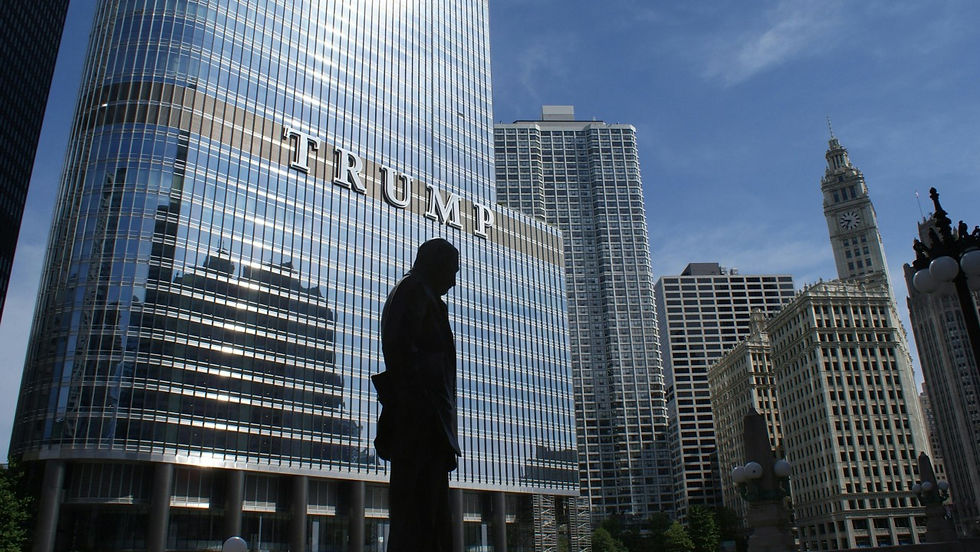The Rise of Branded Journalism
- Jun 9, 2025
- 2 min read
Today, US private equity firm RedBird Capital announced it was heading up a group of investors to purchase the nearly 170 year-old British paper The Telegraph. Their offer? £500 million and the chance to mark “the start of a new era” and “grow the brand in the UK and internationally.”
Decades ago, growth was barely even a conversation. At the dawn of the internet, national and local papers stood confident and poised. They held a firm hand on revenue and walked with the assured air a natural monopoly affords. Then, it all came crashing down, but slowly at first.
The hobbyist nature of the early internet meant that those with an interest and a bit of elbow grease to spare could enact massive change. A lucky few figured out that things which we previously did IRL could be done online for much cheaper. They suddenly became very rich, very fast. Craig Newmark, the founder of an early online classifieds website, Craigslist, summarily decimated the classified-ad revenue of local newspapers in under a decade throughout the mid- to late-90s. The rise of search engines sucked up whatever remained; increased ability to target ads based on keywords and user interests the world over had advertisers salivating at the promise of millions of eyeballs in exchanged for just a few cents.
Now, three decades into an information economy re-orienting itself around those clear screens we carry everywhere, papers are short on cash. It’s left some feeling emboldened to argue that the baby ought to be tossed out with the bathwater. Those print rags - heavy, pulpy albatrosses - squeegee up too much capital which ought to be better used in lighter, more streamlined ways.
It’s an unfortunate argument to make and one that turns a blind eye to a certain beauty inherent to information, laid out before you, perused at leisure and uninterrupted by pop-up ads. Still, the problems brought about by those clear screens remain, mainly cash and where to get it.
New models have been invented at pace. Digital-first outlets exploded; subscriptions offered further access (then quickly closed in, walling off content that we were promised for a £1 a day); and non-news add-ons were offered to entice broader audiences. Taken together, the results have been mixed.
But RedBird Capital’s purchase is a play for something else too. While UAE-based investment fund RedBird IMI will have, at max, a 15% stake in the company, their involvement is a bet built on faith and rooted in the belief that news is no longer a local commodity to be exchanged for a few pounds a day. And although concerns over the ability to buy political influence through a newspaper led the British government to limit ownership stakes, the purchase affirms that even at just 15% the news is now worth much, much more.




Comments